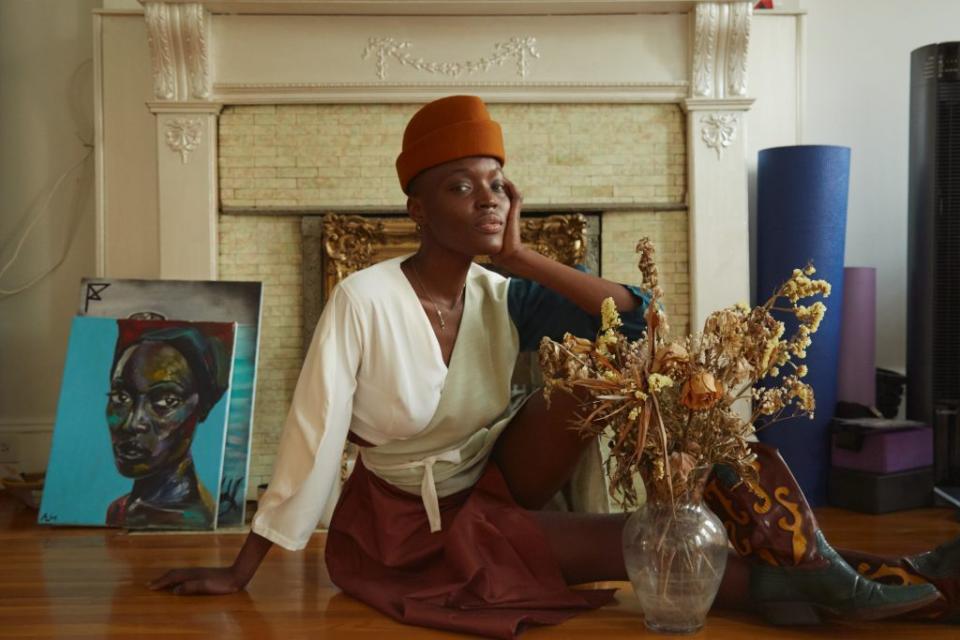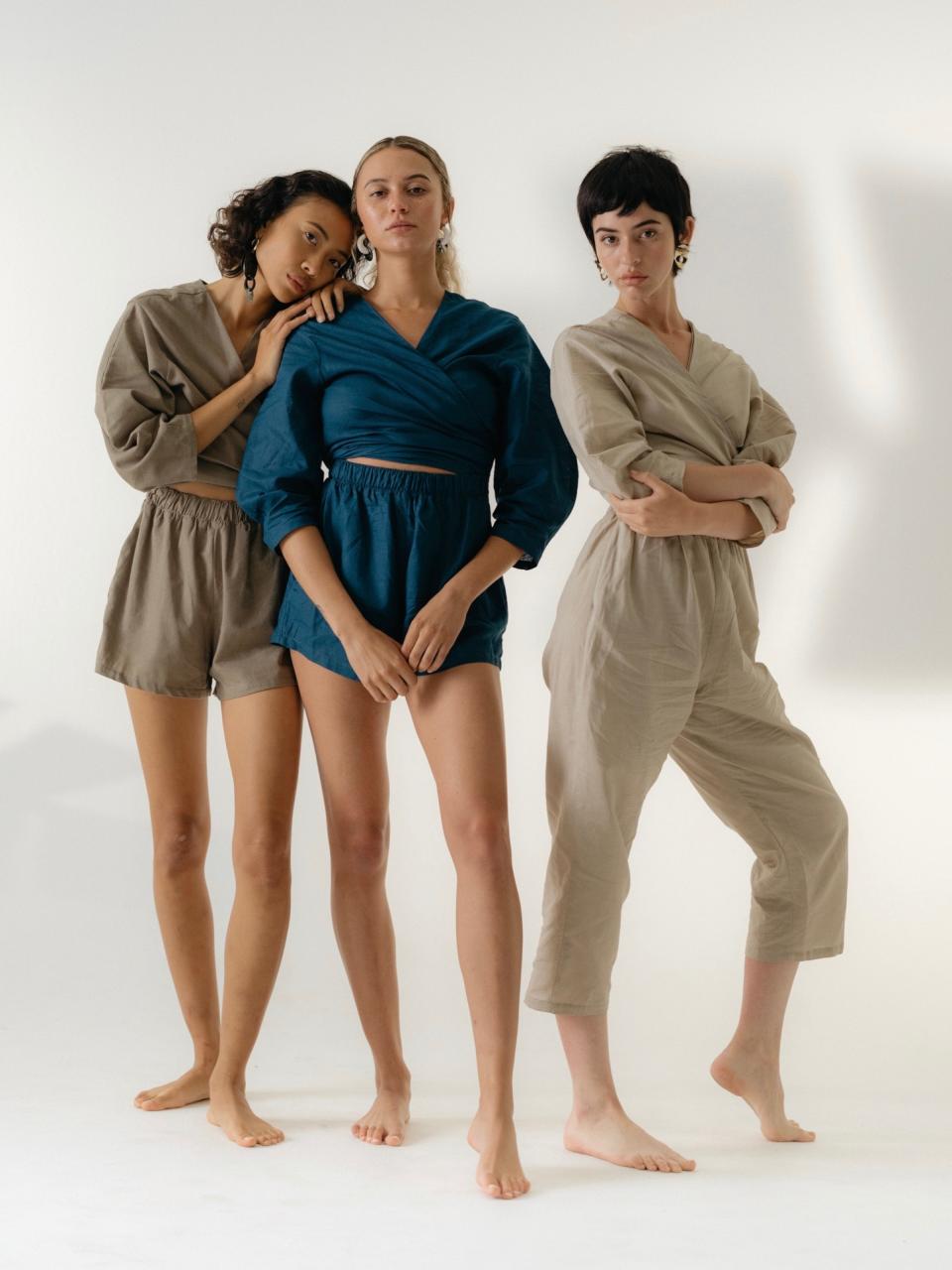Black Business Spotlight: Amira Rasool Wants to Build the ‘LVMH of Africa’ — Here’s How

As we continue in our commitment to elevate diversity, inclusion and equality conversations, FN is shining a light on Black-owned businesses in honor of Black Business Month. We encourage you to get to know these incredible Black-owned companies and support them all year round.
It was during a trip to Cape Town in her senior year of college four years ago when Amira Rasool knew she wanted to launch a retail business that championed Black-owned fashion brands.
At the South African port city, the New Jersey native had discovered a mass of fashion and lifestyle labels whose products were not available to buy outside of the country. Armed with a bachelor’s degree in African-American studies and experience at fashion publications like V Magazine, Marie Claire and FN’s sister site WWD, Rasool a year later founded The Folklore — a website for high-end and luxury items sourced directly from Africa.
“I thought about all the great designers I saw [from across the continent] and how it was virtually impossible for us to access them in a seamless manner from outside of Lagos, Abidjan and all these other cities in Africa,” she told FN. “The Folklore is really about economically uplifting people, allowing them to tell their own stories through the products they sell and make a living out of that.”

From Africa-based labels Orange Culture, Rhita Sebti and Shekudo to diasporic brands Andrea Iyamah and Third Crown, The Folklore has served as a digital hub for contemporary designers, artists and creatives to showcase their stories. It features apparel, footwear, accessories, bags and homeware from major metropolitan cities around the world but maintains an atmosphere of exclusivity with limited stock and a carefully curated inventory.
Three years later, the e-tailer has found itself in the midst of a global pandemic and ongoing social unrest. Despite an initial downturn in business when the COVID-19 outbreak swept the United States, Rasool — who is based in Brooklyn but currently hunkering down with family in Atlanta — has seen an uptick in traffic and sales as more Americans stage a form of economic protest against overt racism by buying Black. Her company’s Instagram account has tripled in following, from around 5,000 at the beginning of June to more than 15,400 as of today. Over the past few months, The Folklore has also appeared on lists of Black-owned businesses to support, while Rasool has emerged as an entrepreneur to watch. (Her name garnered even more national attention following a controversy involving Taylor Swift, who changed the logo of her “Folklore” album merch after it was said to have similarities to that of the Black-owned brand.)
But it’s not just about selling products; Rasool has also expressed a desire to create a conglomerate of sorts — one that specializes in luxury goods hailing from Africa and represents subsidiaries across the fashion, lifestyle and home sectors. She envisions something similar to Christian Dior, Fendi and Givenchy parent LVMH Moët Hennessy.
“I’m building The Folklore to be the LVMH of Africa,” Rasool explained. “We want to be able to have ownership in some of these brands, help them expand and increase production capabilities on the continent, whether that be through building [manufacturing] facilities of our own or making sure that existing businesses are better funded. We’re looking at how we can get these designers into the same position that Western designers are in and have those legacy brands that can be passed on like these big fashion houses are able to do.”

As she continues to operate amid the health crisis, Rasool is shifting her calendar to accommodate changes and set more goals. She’s anticipating a new shipment of fall products in September, forging new long-term partnerships and even looking at launching pop-up experiences in various cities when it’s safe to do so.
“We don’t want these to be just shopping events; we want these to be cultural events. We recognize that we are building a lifestyle brand around art and culture and music — and fashion is just an extension of that,” she said, adding, “I’m glad people are finally starting to realize that these brands are valuable, that what we’re doing is important. Now it’s up to us to make sure that this isn’t going to be just a trend. We need to make sure that we’re giving these brands the opportunities that they deserve.”
More from Footwear News
Sign up for FN's Newsletter. For the latest news, follow us on Facebook, Twitter, and Instagram.

